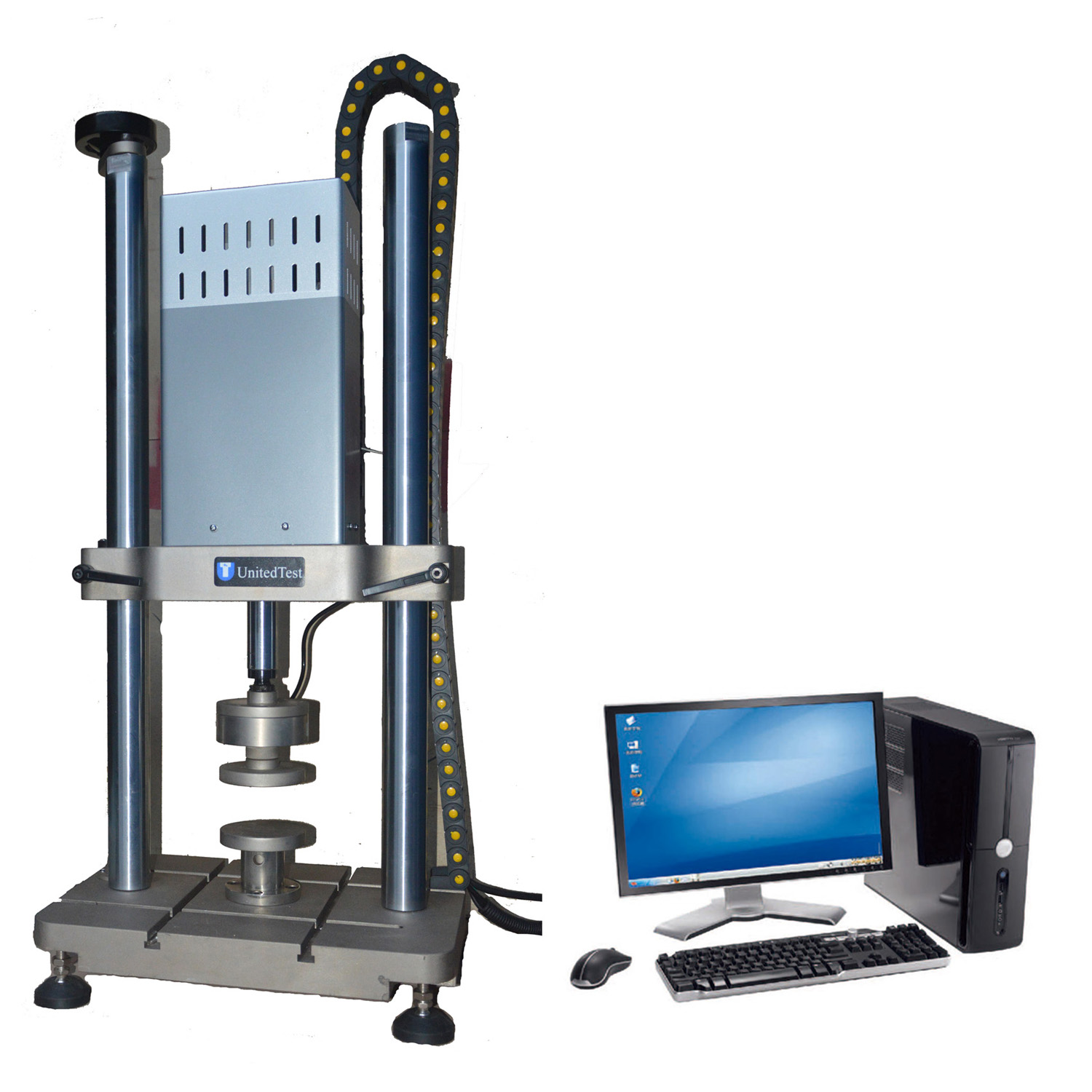- Universal testing machine
- Fixtures
- Medical/Biomedical device
- Vehicles motorcycle
- Compression/Flexural test
- Hardness tester
- Impact testing machine
- Torsion testing machine
- Abrasion & wear tester
- Plastic & Pipe testing
- Tensiometer / Goniometer
- Erichsen cupping tester
- Other Testing Equipment
- Grinding & polishing machine
- Spring testing machine
- Introduction
- Specification
- Accessories
- Standard
- LEAFLET & VIDEO
- Contact Us
Intramedullary lengthening nail Multi‐Axis Fatigue Torsional & Bending testing system ASTM F1264
Fatigue in intramedullary implants causes severe complications due to the failure of implants and related operation during the consolidation phase. This work succeeds in developing a test fixture and procedure for inducing three‐dimensional loading in order to define the fatigue life of an implant. The fatigue can be analyzed for various osteotomy locations and for various load spectra based on the estimates made for a patient or patient group. The fixture induces reliable loadings at cycle rates up to 2 Hz.
Currently, the ASTM F1264 standard provides the test methods for studying the mechanical performance of intramedullary fixation devices and defines the test procedure for four‐point bending tests. The existing test methods are suited for studying torsional and relative bending performance separately in a single load mode at a time. The four‐point bending test fixture induces localized surface loads and results in an unrepresentative loading‐deformation especially in an implant that is hollow.
UnitedTest UTDS series Multi‐Axis Fatigue Torsional & Bending testing system understake this task, used to check the torsion and bending, tension test for the Intramedullary lengthening nail/Intramedullary leg lengthening implants nails.
A new generation fatigue testing system with a large electromagnetic motor as the actuation core;
The direct drive electromagnetic motor operates stably with high repeatability, ensuring precise control of force and displacement;
The built-in electromagnetic actuator has the characteristics of low friction, high repeatability, high system response, and high speed;
Can perform tests such as tensile, compressive, bending, shear, creep, relaxation, etc;
Meet the strict requirements of modern material mechanics testing for high precision, high frequency, high stability, and durability;
It has the characteristics of oil-free, sealless, maintenance free, long service life, high integration, easy installation, and small footprint;
Various fixtures and accessories are available for selection.
Main Specificaiton:
Maximum peak load: 4400N
Peak value of dynamic load:3000N
Peak value of static load: 2100N
Testing machine level: Level 0.5
Load measurement range: 0.4%-100%F.S.
Load measurement accuracy: Better than ± 0.2% of the indicated value (within the load measurement range)
Maximum fatigue loading frequency: 100Hz
Axial travel: 30mm
Displacement resolution: 0.1μm
Test space (upper and lower fixture space): 0-950mm
net weight: About 900kg
External dimensions: About 1000 × 700 × 1800 (mm)
Optional environmental accessories: Water bath environment, high temperature environment, low temperature environment, humidity environment, etc
Application: Fatigue/fracture/static testing of metal materials, polymer materials, composite materials, static/dynamic testing of surgical implants (such as trauma, joint, spine, and dental tests), tensile fatigue testing of polymer materials, crack propagation testing of rubber materials, etc
Optional tooling: Mechanical stretching fixtures, compression fixtures, bending fixtures, femoral stem specific fixtures, four point bending fixtures, spinal rod/screw specific fixtures, tibial plateau specific fixtures, vertebral body resection model system compression/stretching specific fixtures, dental implant fixtures, etc.













